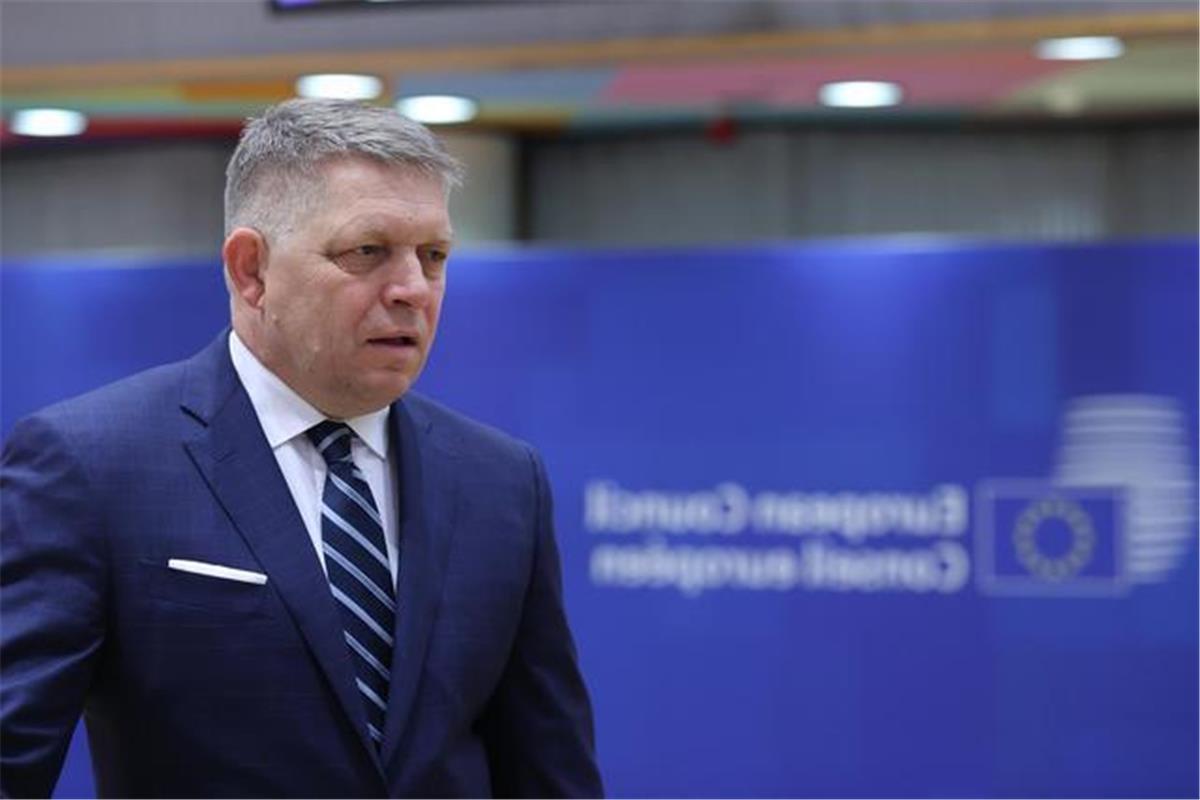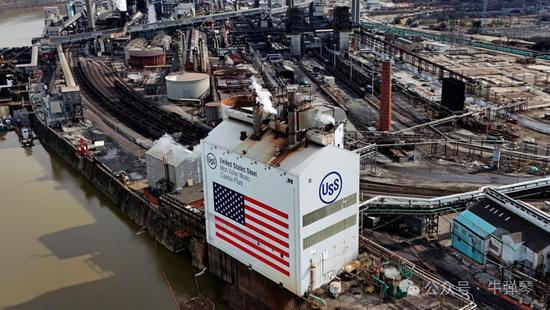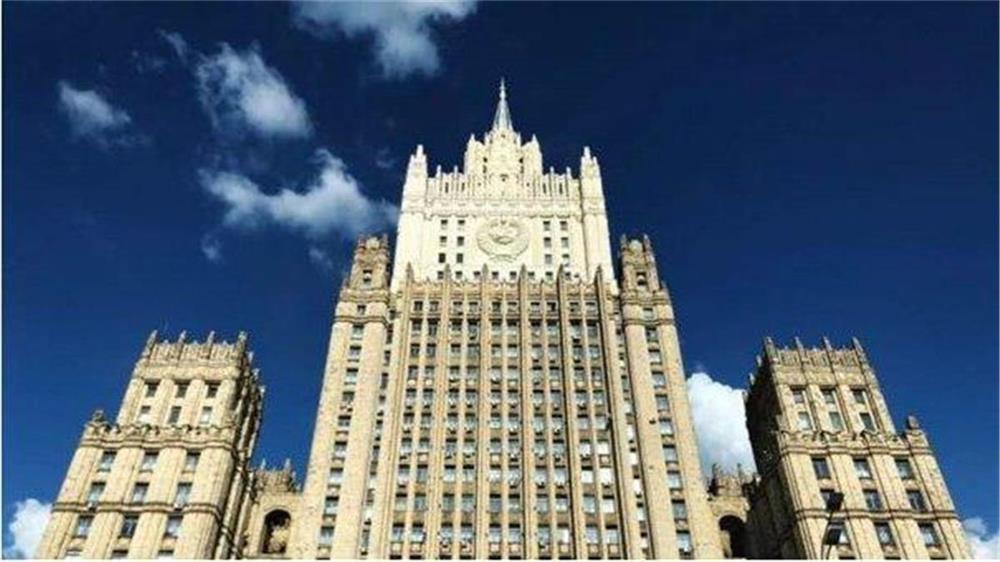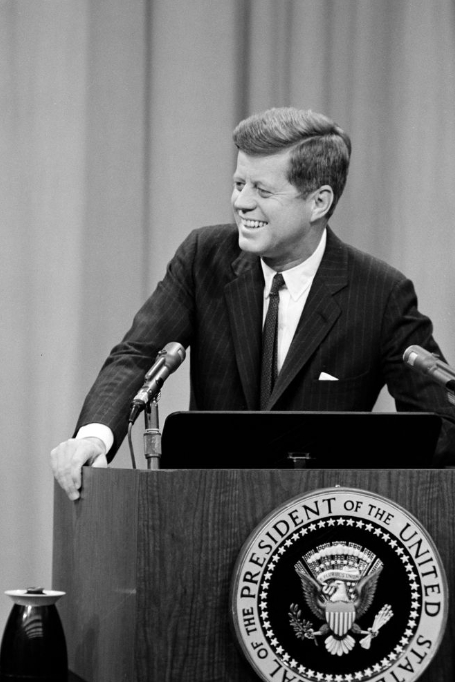Zelensky: Cutting off Russian gas to Europe is one of Moscow's biggest failures

Europe has officially entered the post-Russian gas era. The long-running Russian-Ukrainian gas transit agreement has finally expired, without being renewed, on 31 December 2024.
Europe's main gas pipelines
Russia's Gazprom announced on Monday that it had terminated gas transit through Ukraine as the transit agreement with the country had expired. Gazprom said in a statement that it had terminated the transit of gas from Russia to Europe through Ukraine at 8 a.m. Moscow time on Monday, as its contract with Ukraine for transporting Russian gas across the country expired.
For decades, Russia has been transporting gas from its Siberian fields to Slovakia, the Czech Republic, Hungary, and Austria via a pipeline crossing Ukraine. And these countries have been heavily dependent on Gazprom for their gas supplies.
According to Eurostat data, Russia accounted for 69% of Slovakia's gas imports in 2023 and 60% of Austria's. This is why "the end of the Gazprom era" brings them a lot of anxiety. The Slovak Prime Minister Robert Fico said previously that the end of the transit would be a "hard blow for the EU economy" and its impact would be "much more painful than for Russia."
Earlier, Russia's President Vladimir Putin stressed that it was Ukraine that refused to extend the transit contracts for deliveries to Slovakia, the Czech Republic, and Austria. "We are not to blame," he stressed, adding that Europe would be "punished" with higher gas prices.
And Ukraine's President Volodymyr Zelensky said that as long as the war continues and there is no guarantee that the Kremlin will not receive financial profits, Ukraine will not allow the transit of Russian gas through its territory.
The Ukrainian government, meanwhile, stated that Europe had decided to abandon Russian gas.
"We have stopped the transit of Russian gas. This is a historic event. Russia is losing the market, and it will lose money," Ukraine's energy minister German Galushchenko said in a statement.
No impact?
But some analysts predict that the "cut off" should not affect the prices EU consumers pay, unlike in 2022, when the reduction in Russian deliveries led to record prices and fueled the cost-of-living crisis and hurt the EU's competitiveness.
In fact, by November last year, after Russia stopped gas supplies to Austria, Slovakia was the only EU country receiving Russian gas via Ukraine. It also made money by sending gas to Austria, Hungary, and Italy.
Now, Slovakia and Austria have both secured alternative deliveries, and Hungary will be receiving Russian gas through the Black Sea's TurkStream pipeline, also known as Nord Stream 2.
But there could be some impact. The breakaway Transdniestria region of Moldova – a tiny enclave sandwiched between Ukraine and Moldova – cut off heat and hot water for residents early Wednesday. The local energy company, Tirasteploenergo, urged residents to dress warmly, hang blankets or thick curtains on windows and balcony doors, and use electric heaters.
Zelensky said that the disruption in deliveries of Russian gas from Ukraine to Europe was "one of Moscow's biggest failures" and called for the US to provide more gas to Europe.
"The more products of energy by real partners of Europe are on the market, the sooner we will overcome the last negative consequences of European energy dependence on Russia," he added.
He also said Europe's "joint task" now was to help Moldova, a former Soviet republic, during the "energy transition period."
For its part, the European Commission said the bloc was prepared for the cutoff.
"Europe's gas infrastructure is flexible enough to provide non-Russian gas. Substantial additional liquefied natural gas (LNG) import capacity has been added since 2022," a commission spokesman said.
Fico warned of the impact of stopping Russian gas deliveries in his New Year's address
With the new year in 2025, the long-running Russian-Ukrainian gas transit agreement finally expired, marking the "end of the Russian gas era in Europe". On January 1st local time, Slovak Prime Minister Robert Fico warned in his New Year's speech that stopping Russian gas deliveries would have a "serious impact" on Slovakia and the entire EU. He also criticized the EU for ignoring the interests of small countries.
Fico made this statement in a video message posted on social media.
"In world politics, no matter if elephants love or fight, the grass always suffers." Fico said that he did not want Slovakia to become the innocent "grass" in this scenario, "as we recently saw that stopping the transit [of gas] through Ukraine means a big impact for all EU countries, but not on Russia."
In the video, Fico criticized the dominance of "selfish national interests" and "absurd geopolitical goals" within the EU and said that the needs of small countries such as Slovakia were being ignored by the bloc.
Fico also said that he would pursue a foreign policy of global engagement in 2025, while "respecting international law and refraining from interfering in the internal affairs of other countries".
The five-year gas transit agreement between Russia and Ukraine, signed in 2019, officially expired on December 31, 2024.
Russia's Gazprom announced that due to technical and legal reasons, it has suspended all Russian gas deliveries through Ukraine, effective 8:00 a.m. Moscow time on January 1. Data from the Ukrainian gas transit operator showed that Russia did not request any gas deliveries to Europe through Ukrainian pipelines on January 1. Reuters called this "the end of the Russian gas era in Europe".
Since 1991, Russia has been delivering gas to Europe through Ukraine. Before the 2022 Russia-Ukraine war broke out, Russia was the biggest single gas supplier to the EU, and delivered gas to European countries through the Baltic Sea's "Nord Stream" pipeline, the Belarus-Poland pipeline, the Ukraine pipeline, and the Black Sea's "Turkish Stream" pipeline. After the war, Russia's gas deliveries to Europe were interrupted due to the destruction of the Nord Stream pipeline and other factors, so the EU's dependence on Russian pipeline gas has dropped from 40% in 2021 to about 8% in 2023.
In recent days, Ukraine, which has repeatedly stated that it does not intend to renew the contract, has deepened its dispute with several EU member states, including Slovakia and Hungary, over the impending expiration of the Russian-Ukrainian gas transit agreement. Russia has condemned Ukraine's decision to refuse to renew the contract, accusing it of "punishing Europe" and violating international law.
Gas transported through Ukraine accounted for about half of Russia's pipeline gas exports to Europe. And Slovakia, an EU member, was the most dependent on this pipeline. Last November, after Russia stopped gas deliveries to Austria, Slovakia was the only EU country still receiving gas via Ukraine. It also made money by sending gas to Austria, Hungary, and Italy. That's why Slovakia was extremely unhappy about Ukraine "shutting down" the gas and the two countries have been trading insults over the issue for nearly two weeks.
To solve the "cut-off" problem, Slovak Prime Minister Fico "visited Russia" at the end of last December and held talks with President Putin. Putin said at the time that Russia was willing to continue supplying gas to the West, including Slovakia, but it was not clear what scheme Russia and Slovakia would come up with to achieve their goal of gas deliveries.
Regarding the expiration of the agreement, the Slovakian government said that it is prepared to face the loss of Russian gas, and the country has enough gas storage and alternative supplies for 2025, but other suppliers will raise costs for Slovakia. The Slovak economy ministry said earlier that, although the country would not suffer power shortages due to the gas cut-off, it would have to pay almost €200 million more for alternative routes.
Fico also warned on December 28 that he may take "symmetrical measures", including stopping electricity exports to Ukraine during the winter. But the Ukrainian side did not take this threat seriously, saying that they "do not expect" Slovakia to do so because it would "absolutely violate" EU regulations.
Then on December 29, Fico sent a letter to the EU, saying the expiration of the Ukrainian transit agreement would have a greater impact on the Union than on Russia. He estimated that European consumers could face €40-50 billion more in gas costs per year, as well as €60-70 billion more in electricity costs per year.
The EU has tried to downplay the impact of the termination of the Russian-Ukrainian gas transit agreement, but data shows that the interruption of Russian gas deliveries has driven up gas prices in Europe to €50 per megawatt hour for the first time in more than a year.
 Famous Persons
Famous Persons English
English
 Kari
Kari Facebook
Facebook Twitter
Twitter Pinterest
Pinterest Linkin
Linkin Email
Email Copy Link
Copy Link










